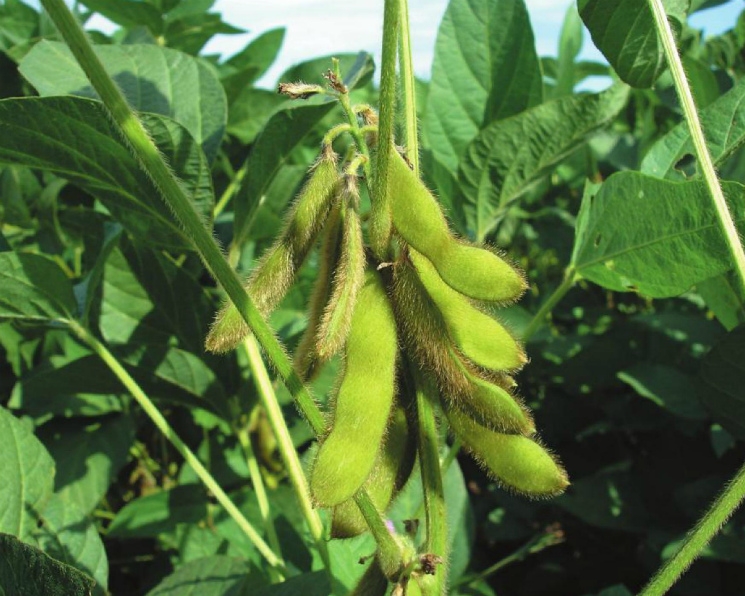Low yields in Brazil and heat forecasts in Argentina support soybean quotes

Brazil has begun harvesting soybeans, but preliminary data on yields in the central states confirm pessimistic production forecasts. This supported the quotes, which fell to a 2-year low last week.
According to the AgRural agency, as of January 18, soybeans in Brazil were harvested on 6% of the area (4.2% last year) due to dry weather in the central regions. In Mato Grosso, the state most affected by the drought, yields are, as expected, very low. At the same time, analysts were surprised by yield figures in the state of Parana, which turned out to be lower than expected.
As soybeans are harvested, the country has begun sowing second-crop corn, with 4.9% of the planned area already sown, compared to 1% as of this date last year.
March soybean futures on the Chicago Stock Exchange rose 0.9% to $449.7/t yesterday, matching last week's level but down 7.8% from last month.
The market is pressured by the low rate of soybean exports from the USA, which in 2023/24 MR amounted to 26.75 of the forecasted 47.76 million tons, which is 28% less than the corresponding figure last year.
According to the General Administration of Customs of the People's Republic of China, in 2023 China increased soybean imports to 99.41 million tons, in particular from Brazil - by 29% (compared to 2022) to 69.95 million tons, while it reduced supplies from the United States by 13 % to 24.17 million tons, as Chinese buyers preferred the cheap record Brazilian crop. According to Reuters estimates, the share of soybeans from Brazil rose to 70%, while the share of soybeans from the United States fell to 24%. In December, soybean imports from Brazil increased by 94% compared to December 2022 to 4.98 million tons, and from the United States decreased by 31% to 3.85 million tons.
In Argentina, heat of 30-35 o C is expected in the next two weeks, which may lead to a speculative increase in prices, but in general, the state of the crops is much better than last year, so an increase in the harvest by 20-25 million tons will significantly increase the pressure on global quotations.


